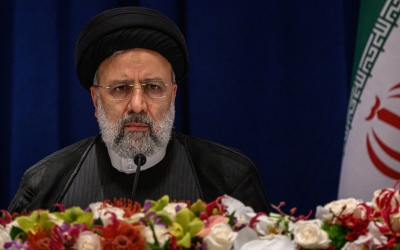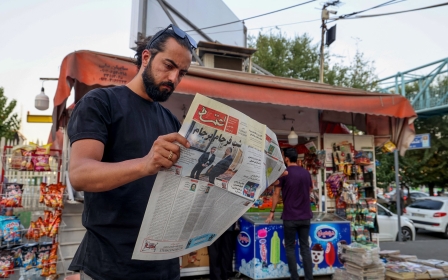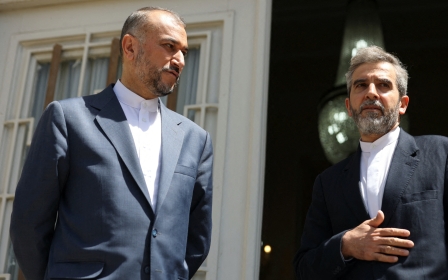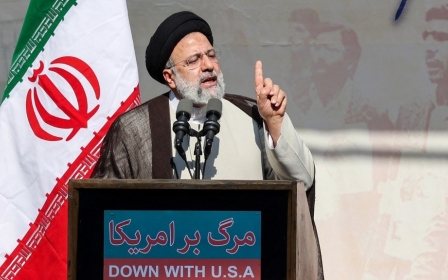Iran: How Raisi was convinced to reject Rouhani's nuclear deal
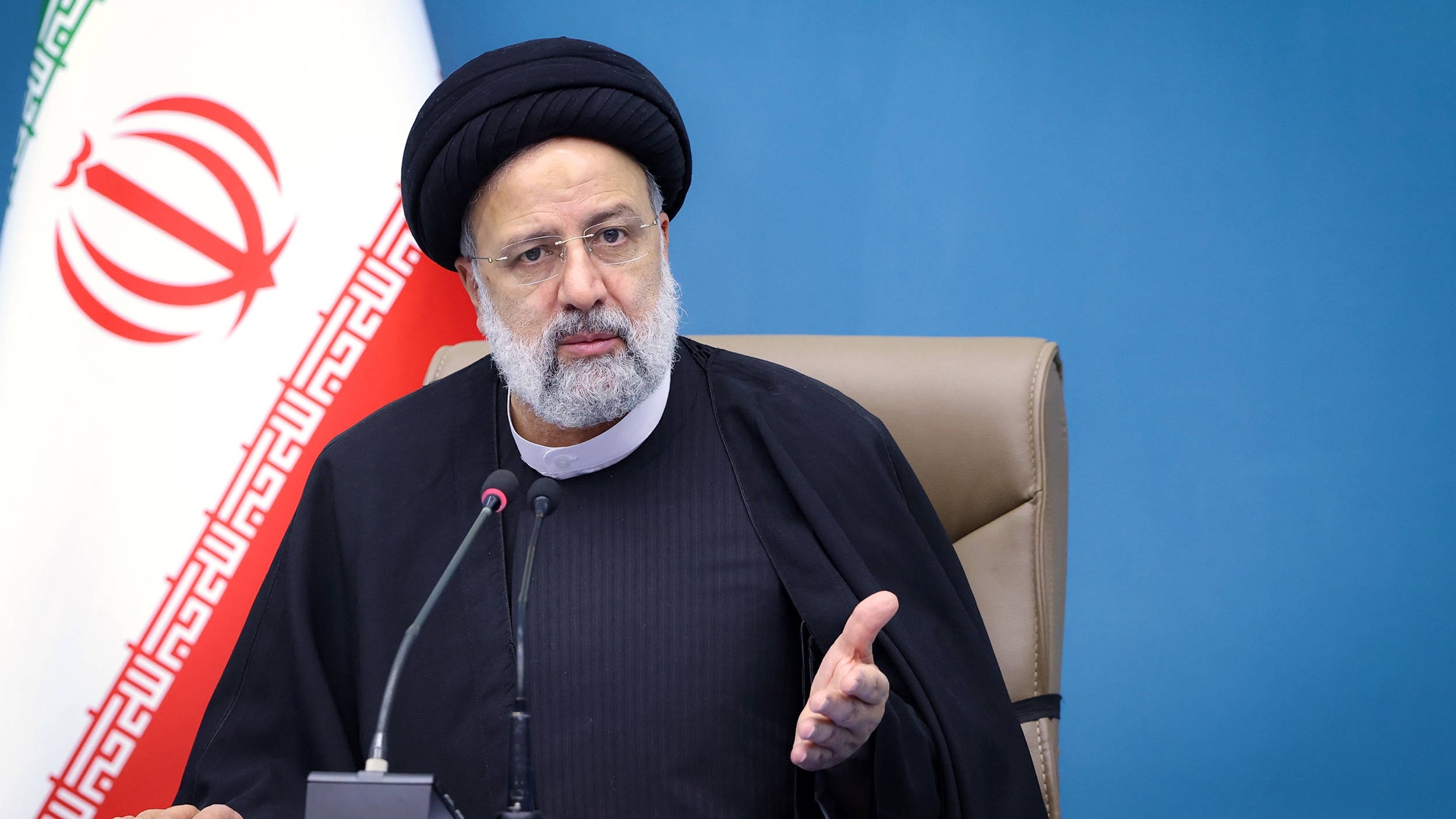
An opportunity to revive the 2015 Iran nuclear deal was on the table soon after President Ebrahim Raisi took office, but despite his initial openness, people close to him scuppered chances of it being signed, two sources close to the negotiations told Middle East Eye.
Joe Biden's victory in the 2020 US presidential elections seemed set to return Washington to the nuclear deal, which was signed alongside other world powers to limit Iran's nuclear programme in return for sanctions relief. Donald Trump unilaterally withdrew the United States from the pact, known as the JCPOA, in 2018 and imposed a brutal sanctions regime on Tehran.
When Biden took office in 2021, talks between Iran and the US through official channels began.
A source with direct knowledge of the talks told MEE that in August that year, following several rounds of negotiations in Vienna, the two sides had arrived at a draft agreement that was "ready to be signed".
Raisi, a former chief justice belonging to the principlist camp, was elected to the presidency that June. He and other principlists, also known as hardliners, had previously been very critical of the JCPOA. But with Iran's economy in tatters, there was nonetheless an expectation that a deal should be reached.
New MEE newsletter: Jerusalem Dispatch
Sign up to get the latest insights and analysis on Israel-Palestine, alongside Turkey Unpacked and other MEE newsletters
According to the source, in the transition period between Raisi and Hassan Rouhani's presidencies, a deal was available and close to being signed.
"Rouhani's diplomatic team had offered to allow their negotiators to travel to Vienna to sign the agreement," the source said.
The outgoing government, the source said, offered to get the deal done and take any political flack that came with it, telling Raisi's new administration that "the country and your government could reap the economic benefits of the JCPOA".
Rouhani's team appeared to believe it would be difficult for Raisi and his people to sign a deal with the Americans over fears of a backlash among their support base.
Principlists have always been critical of the JCPOA, accusing Rouhani of selling the country's nuclear capabilities in return for very little.
"Raisi initially accepted this offer and told them to finish the job in two or three meetings, but he later changed his mind," the source recalled.
Ali Bagheri Kani and Ali Hossein Taash, who are currently the chief nuclear negotiator and a senior figure in the Revolutionary Guard respectively, were unconvinced.
"Ali Bagheri and Ali Hossein Taash both talked Raisi into rejecting this idea as they became aware of the proposal," said the source.
Bagheri and Hossein Taash were both contenders for leading the foreign ministry and held significant sway within Raisi's close-knit circle.
Bagheri believed the time was not right to put ink to paper, thinking the talks should be prolonged as time was on Iran's side, according to another source close to Rouhani's negotiation team.
Where Raisi had once been keen for Rouhani's team to wrap up a swift deal, the president now shifted his words and urged his negotiators to aim for a "good" deal.
Today, negotiations are at an impasse, with no formal talks held over the past seven months.
Parliament in the way
Rouhani's government actually managed to reach a tacit agreement with the Biden administration in February 2021 through secret channels, according to a third source.
However, the principlist-dominated parliament stood in the way.
In the wake of Israel's assassination of nuclear scientist Mohsen Fakhrizadeh, the parliament passed laws that drastically decreased Iran's commitment to the nuclear deal.
The legislation mandated the government to enrich uranium to more than 20 percent, deploy 2,000 new advanced centrifuges and to put an end to sudden inspections by the International Atomic Energy Agency.
According to the third source, Rouhani tried to prevent the bill passing by appealing to conservative parliament speaker Mohammad Baqer Qalibaf.
Although Qalibaf initially agreed to Rouhani's request, he ultimately reneged on his promise, causing the US to "retreat from the agreement and sabotaging the country's opportunity", the source said.
On 14 February 2023, Rouhani, now out of office, touched on this issue in a meeting with former officials who served in his administration.
"We could have revived hope by lifting the sanctions in February 2021, and even our conditions for lifting some non-nuclear sanctions were accepted, but the passing of the [nuclear bill] by the parliament prevented it," he said.
Middle East Eye delivers independent and unrivalled coverage and analysis of the Middle East, North Africa and beyond. To learn more about republishing this content and the associated fees, please fill out this form. More about MEE can be found here.


